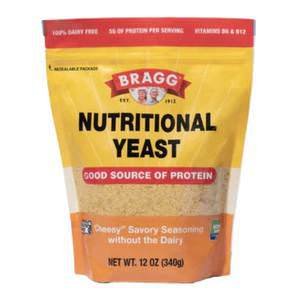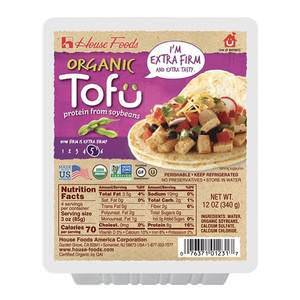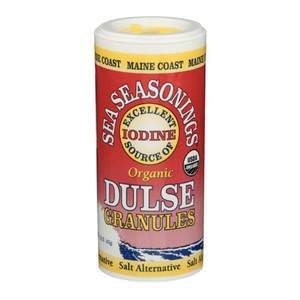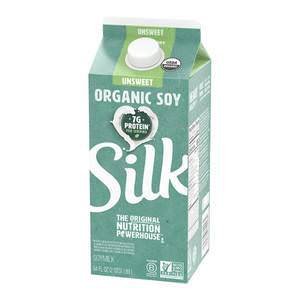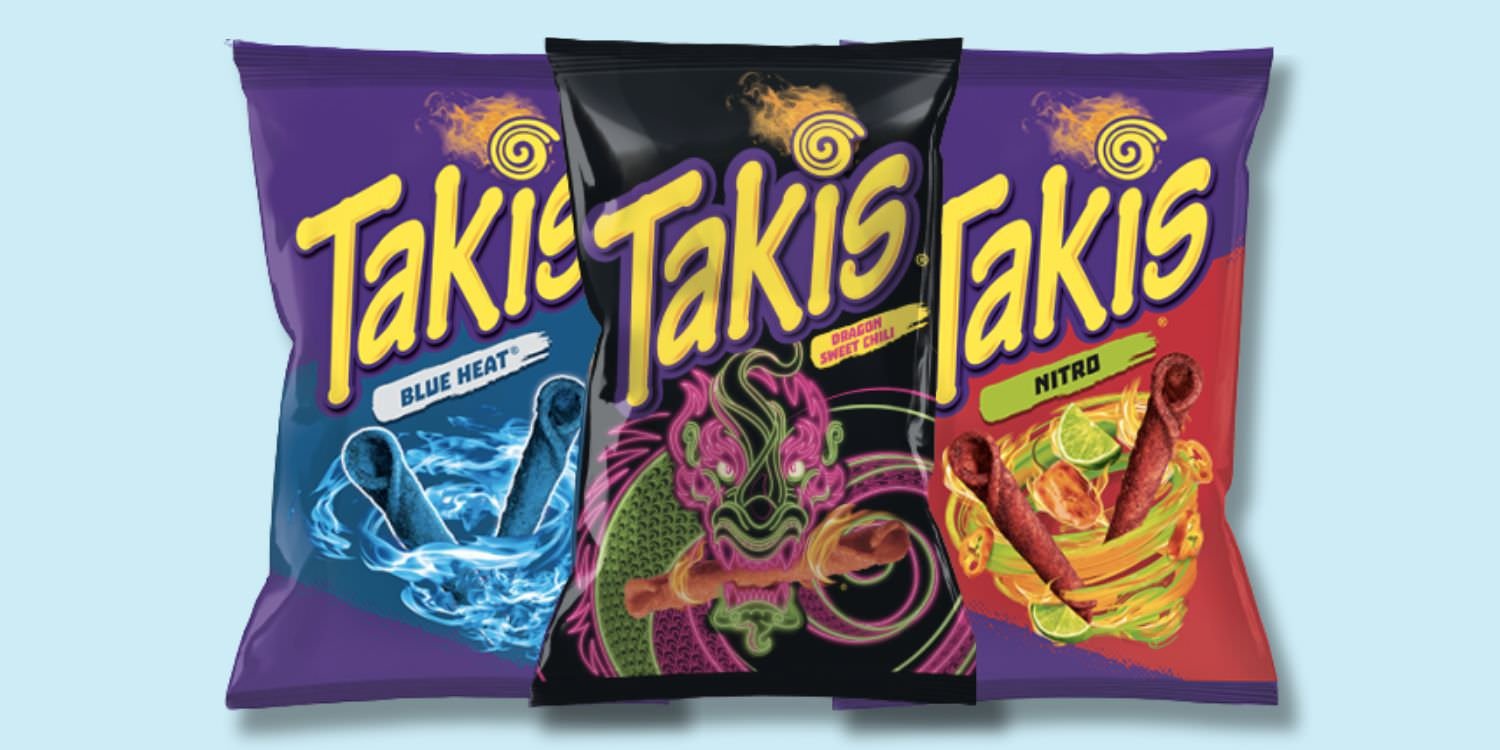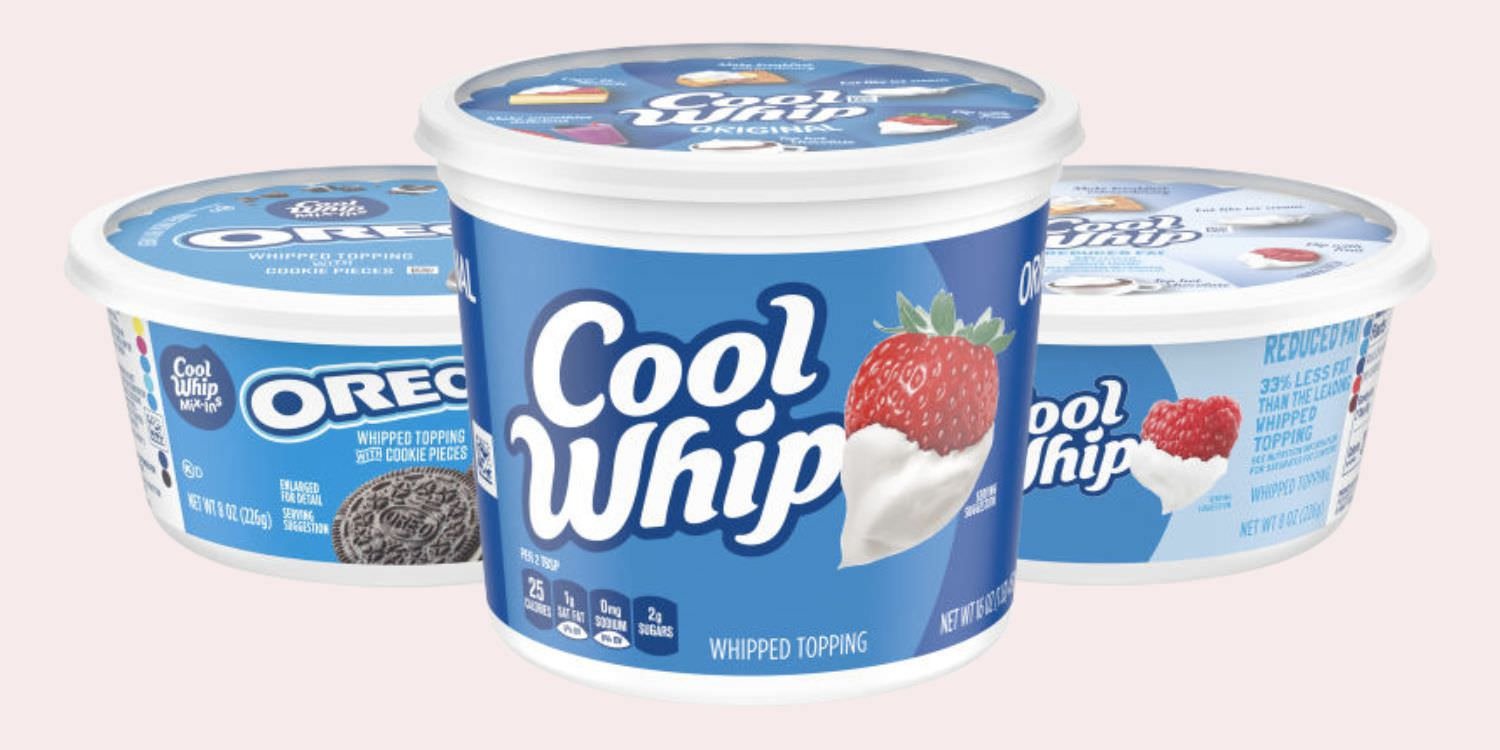Is Veganism Healthy?
What Is Veganism?
We believe it's important to note that veganism is not a diet, but rather a movement that seeks to minimize animal suffering across all industries. That said, those who go vegan do often drastically alter their diets to fit their new beliefs! It's also important to keep in mind that the terms 'vegan diet' and 'plant-based diet' are not always interchangeable.
While plant-based diets are mainly centered around plant foods, they may still include certain types of animal-based foods. They also may be adopted exclusively for health, environmental, or religious reasons. For example, vegetarian, flexitarian, and pescatarian diets are all considered 'plant-based' diets. So, the vegan diet is a type of plant-based diet that excludes all animal-based foods when possible and practicable, for ethical reasons.
Veganism On The Rise
While only 6% of US consumers are vegan in 2022, this is a huge leap from 25 years ago, when only 1% of Americans were vegan! Meanwhile, 39% of Americans claim that they are reducing their meat consumption.
Most vegans are very health conscious, however others simply want to save animals and aren't very interested in the fat and sodium contents of their foods. So, they'll go for heavily-processed vegan foods designed to taste just like meat and dairy. However, this has led to an issue which we believe vegans don't talk about nearly enough.
Because vegan foods are generally perceived as healthful, some health-conscious individuals may consume high-fat, high-sodium, and high-sugar ultra processed foods as long as they're labeled 'vegan'. For example, vegan cheese is often made of just starch, oil, and salt, which would make it about as healthy as deep fried bread. Similarly, oat milk is often made with added oils to increase its creaminess. A cup of commercial oat milk may actually contain as much vegetable oil as an order of french fries.
On the other hand, there are extreme vegan diets that exclude major ingredients like soy, gluten, and even cooked foods! While some need to avoid soy or gluten because of allergies or sensitivities, these foods make up a huge part of plant-based diets due to their versatility and high protein content. So, those who aren't allergic may be better off keeping them in their diets, in reasonable quantities. Then we have the raw vegan dieters. While a raw vegan diet can be used short-term, perhaps to lose weight or cleanse your digestive system, it can become quite impractical to maintain it long-term in a healthful way.
So, while plant-based diets were originally made up of unprocessed, high-fiber, diverse, low-calorie foods due to the absence of vegan substitutes, today's vegan foods are a different story. With the sudden emergence of hundreds of vegan substitutes into the mainstream market, it begs the question, "Are vegan diets really healthy?"
Are Vegan Diets Healthy?
When planned to make sure all macro and micronutrient goals are reached, we believe vegan diets can be some of healthiest on the planet. However, if you're replacing a diet rich in vegetables, fruits, whole grains, nuts/seeds, legumes, and a bit of meat with an ultra-processed, junk food vegan diet, we have to be honest: it's likely not going to be a health upgrade.
Likewise, although you can be healthy while still eating meat, studies have repeatedly shown that the less meat and dairy you consume, the better. In other words, the healthiest vegans could be even healthier than the healthiest meat eaters.
So, while there are junk food vegans who consume ultra-processed, high-fat, high-sodium diets, there are also extremely healthy vegans who stick to unprocessed whole foods, at least 90% of the time.
Why Go Plant-Based For Your Health?
Firstly, it's important to establish that vegan diets can be both healthy and beneficial for humans at all stages of life according to the American Dietetic Association.
“Appropriately planned vegetarian diets, including total vegetarian or vegan diets, are healthful, nutritionally adequate, and may provide health benefits in the prevention and treatment of certain diseases. Well-planned vegetarian diets are appropriate for individuals during all stages of the life cycle, including pregnancy, lactation, infancy, childhood, and adolescence, and for athletes.”
The truth is, there are very few reasons not to go plant-based to benefit your health, and plentiful reasons to go for it! Did you know a higher plant protein intake and lower meat intake can help to reduce your risk of type 2 diabetes? It can also help to reduce your heart disease risk by up to 40%! And perhaps most impressively, plant-focused diets have been shown to prevent, treat, and slow the progression of various types of cancer. There's even evidence that they can improve survival rates in cancer patients!
In addition, due to the lower calorie content of unprocessed, whole plant foods, well-planned vegan diets can help with weight management or weight loss. And finally, vegans tend to consume a lot more fiber than meat eaters, since animal-based foods are totally devoid of this widely neglected non-nutrient. Eating more high-fiber plant foods can help to improve digestion and boost your immunity!
This is the only diet that has shown to prevent and even treat so many major chronic diseases! However, keep in mind that these benefits have only been demonstrated in well-planned, low-fat, high-fiber plant-based diets that limit processed foods.
Do Plant Foods Lack Any Nutrients?
The main reason why vegans need to plan their diets, at least at first, is because it can be easy to neglect certain nutrients, especially if you're not familiar with the nutritional contents of your foods.
Additionally, while plant foods do not lack any nutrients, some nutrients are harder to obtain from plants than from animals. These include vitamin B12, K2, D3, and omega-3s.
For example, B12 can be obtained naturally from duckweed, but very few people have ever even heard of this ingredient. Farm animals receive B12 supplements in their feed, which is why they can provide sufficient quantities for humans who consume them. However, this unique nutrient does not come from animals or plants, but instead from a bacteria found in untreated drinking water and soil.
Likewise, there are considerable amounts of K2 in natto, a slimy fermented soybean mixture, but if you don't live in Asia, it can be tough to get your hands on it; that is, if you think your palate can handle it (it's an acquired taste).
Vitamin D3 is found in lichen, but it's only currently available in sufficient amounts through supplementation. However, we can usually absorb enough vitamin D by exposing our skin to sunlight. And lastly, omega-3s are found in walnuts, flaxseeds, hemp seeds, and chia seeds. However, these foods offer omega-3s in the form of ALAs, and our bodies usually need DHA and EPA, instead. More on this here.
In other words, while plants can offer all the nutrients we need, most of the ingredients that contain these four nutrients are simply too difficult to consume naturally with our current food system. So, vegans do often take supplements or a daily multivitamin to obtain these nutrients.
How Easy Is It To Plan Your Vegan Diet Properly?
One of the issues that the vegan movement has been trying to overcome over the years is the common misconception that plant-based diets are hard to plan. Quite contrary to this belief, you may find it easier to reach your nutrition goals through whole plant foods than through an omnivorous diet. That's because plant foods are rich in micronutrients that are often neglected by meat eaters. Nutrients like vitamin C, potassium, fiber, calcium, and magnesium are often obtained much more easily, if not exclusively, through plants.
As a general rule of thumb, vegans should focus on including various types of food from each plant food group on a daily basis. This would include fruits, vegetables, grains, legumes, nuts, and seeds. Vegans who do this should be able to easily cover their nutritional requirements.
However, tracking your meals in the beginning can help you truly understand how much of each food you need in order to reach your goals. It can also help you to become more familiar with the nutritional contents of your foods. This can be extremely helpful when identifying which supplements you need to take on your plant-based diet. It's best to take only the supplements you require, so as to not exceed the daily limits of each nutrient to a dangerous extreme.
You may also find it helpful to shop for a couple key fortified foods, like soy milk, calcium-set tofu, non-dairy yogurts, nutritional yeast, tempeh, dulse flakes, fortified cereals, and other highly nutritious foods that can really help to boost your nutritional intakes. Check out some of our essentials in the gallery below!
Should Anyone NOT Consume a Vegan Diet?
Potential Health Risks of a Vegan Diet
While most individuals' bodies are suited to comfortably transition to a plant-based diet, certain conditions can make this change quite difficult. Keep reading to find out if you or anyone you know could have trouble switching to a vegan diet.
Anemia
While iron is abundant in plant foods, it comes in a slightly less bioavailable form. Meat contains heme iron, which is rapidly absorbed by the body. Plant foods contain non-heme iron, which again, are a bit less bioavailable. However, when you suffer from anemia, every milligram of iron counts!
So, you may be relieved to learn that there are ways to boost the absorption of non-heme iron. For example, by combining your iron source with a source of vitamin C, you can increase its absorption. Another strategy is to avoid coffee, tea, or chocolate within the same hour you consume a source of iron. This is helpful because the anti-nutrients present in these foods, like polyphenols and oxalates, can inhibit iron absorption.
For more tips on how to absorb adequate amounts of iron on your plant-based diet, you can have a look at out our vegan guide to iron here! However, we do insist that the first thing you do before going vegan as someone who suffers from anemia, is to have a chat with your doctor or nutritionist.
Irritable Bowel Syndrome (IBS)
Another group that may face some issues when transitioning to a vegan diet are those who suffer from IBS. Vegans rely heavily on beans and whole grains to obtain sufficient amounts of various nutrients. So, those who have trouble processing these foods could experience discomfort over the first few months of their vegan journey.
If you suffer from IBS, our number one recommendation is to speak with your physician before making the switch to a plant-based diet. However, if you're simply looking for nutritious vegan foods that are easier on the digestive system, we'd recommend trying plant milks and yogurts, potatoes/yams, white rice, oats, firm tofu, garlic-free hummus, pureed fruits and leafy greens (perhaps in smoothies), avocados, bananas, steamed carrots, eggplant, sautéed spinach, miso-based soups/sauces, soaked chia seeds, nut butters, turmeric, and supplements to reach any missing nutrient requirements.
Over time, you can try including small portions of tiny legumes like lentils or peas, and work your way up from there. However, again, we'd recommend that this is done under your doctor's supervision.
B12 Deficiency
Finally, those that have been diagnosed with a B12 deficiency may hesitate to go on a vegan diet since plant foods are usually low in vitamin B12. However, while you should certainly speak with your doctor before making the switch, this is less of an issue than most would think.
Vitamin B12 deficiency is also very common among meat eaters, and meat does not naturally contain B12. A simple dietary vegan supplement can cover your B12 needs on a vegan diet, the same way it covers the B12 requirements of the farmed animals that provide B12 to meat eaters. So, simply make sure you're obtaining this nutrient either from fortified plant-based products or from a daily/weekly supplement to be safe!
Vegan Foods That Are NOT Considered Healthy
Now that we've covered the vegan foods that are considered nutritious and necessary for a healthy vegan diet, let's take a look at those that are best to limit whenever possible. After all, as we've learned, 'vegan' does not automatically mean 'healthy'. However, you may find that vegan foods are not necessarily the problem, but rather foods that have been altered and stripped from their nutritional value. Such is the case with ultra-processed vegan foods like store-bought chips, cookies, cakes, meat substitutes, dairy substitutes, and more.
Refined Oils
While olive, hemp, and avocado oils are often called 'healthy' because of their high antioxidant capacity, this does not mean they should be consumed liberally. That's because these foods' fiber, carbs, protein, and most other nutrients aside from the fat, have been removed. In fact, refined oils are almost entirely composed of fat, with a tiny amount of antioxidants. Ultimately, they can be considered a waste of calories due to their poor nutritional value.
That's not to say all fats are bad for you. However, in nature, they're present in much smaller amounts in our food for a reason. After all, we do need healthy fats like ALAs, but we certainly don't need nearly as much as is present in ultra-processed foods and takeout meals. Instead, go for nuts, seeds, avocados, and other whole foods that offer healthy fats.
Refined Sugar
Similar to refined oils, refined sugar has been stripped of all nutritional value aside from the sugar. So, while coconuts, beets, and other foods that are used to make this ingredient can provide a bit more fiber and nutrition in their whole form, refined sugar is left with an incredibly poor nutritional value.
Because of its abnormal nutritional profile, refined sugar almost immediately spikes your blood sugar, meaning it actually may be helpful for athletes and those who are in constant need of a quick energy source. However, for sedentary individuals, eating too much refined sugar has proven deadly, leading to a plethora of chronic diseases, like type 2 diabetes, heart disease, and obesity.
If you're craving something sweet, we'd recommend going for fruits in their whole form, since these natural foods will provide fiber, micronutrients, and much more nutrition per calorie.
Table Salt
Although we do need some sodium in our diets, experts recommend sticking to an upper limit of 1,500mg a day to lower our risk of common heart ailments. This recommendation has become quite tricky to follow in recent years, with all of the ultra-processed foods, and even lightly-processed foods and restaurant menu items that are loaded to the brim with salt.
You may be wondering, "If I don't eat salt, where will I get my iodine as a vegan?" Relying on salt to obtain enough iodine or any other nutrient can be quite risky. It's hard to determine how much iodine through salt we're actually consuming in a day. That said, adding extra iodized salt to your foods as a 'dietary supplement' can lead to many other health problems and should always be discouraged.
Keep in mind that restaurants and packaged foods likely do not use iodized salt, but instead cheaper table salt to lower costs. So, at the end of the day we have little control over how much iodized salt we consume.
Instead, find out the best way to get enough iodine on a vegan diet here!
Artificial Colorants and Sweeteners
Enticed by the colorful low-calorie sweets and 'diet foods' on supermarket shelves? Although it seems like a dream to eat copious amounts of yummy snacks without worrying about their effect on our health, it's sadly too good to be true. The artificial colorants and sweeteners used to make these products look and taste delicious can do more harm than good when it comes to weight management and our overall health.
Many artificial colorants have been associated with an increased cancer risk. Likewise, artificial sweeteners have been shown to cause digestive issues, disrupting the gut microbiome along with the health benefits and functions that these healthy gut bacteria carry out.
Instead, if you want a healthy treat to snack on, we'd recommend looking up some recipes online and making a more natural version at home! For instance, this vegan chocolate zucchini cake was super rich and delicious, made with zero refined sugar and much more fiber than your standard store-bought option.
Tips For Your Vegan Diet + Our Top Nutrition Guides!
To sum things up, a whole foods plant-based diet is an incredibly healthy way of eating, and can help to prevent multiple chronic diseases! By sticking to natural, unrefined, unprocessed foods, we can reap the greatest health benefits from our vegan diets. However, that's not to say you can't enjoy a treat every once in a while. As is the case with most things in life, balance is key!
Additionally, it's important to make sure you're consuming enough highly-nutritious foods that provide key nutrients for the plant-based diet. If you're still unsure how to meet all of your nutritional needs as a vegan, check out our science-backed nutrition guides and learn how to create balanced meat-free meals today!
How Much B12 Should a Vegan Take?
The Complete Guide to Omega-3 Sources
Your Ultimate Guide to Vegan Vitamin D Sources & Supplements
What Should Your Vegan Plate Look Like?
The Easiest Plant-Based Protein Sources to Add to Your Diet
Your Complete Guide to Vegan Supplements
The Best Vegan Multivitamins To Supplement Your Plant-Based Diet


